Rollin’, rollin’, rollin’..! Join me once again as we look at one of my favourite turntables, the gorgeous Denon DP-1200 direct drive.
Liquid Audio began as a low-volume turntable specialist when there was just one other turntable specialist in Perth, and very few in the entire country. This remains true, though many others now claim to do this work. That business owner (my good friend) and I used to chat about setting up the businesses we run today, back when vinyl was just beginning its rebirth, and we remain friends and colleagues to this day.
I began slowly, focussing mostly on Japanese turntables which remain my favourites, and running my business part-time while I taught science and worked at Curtin University, working on small numbers of everything from regular to high-end turntables like the Kenwood L-07D, Luxman PD-444 and PD-555 and gorgeous, killer tonearms like the SME 3009 series 3, SME IV, Audio Technica AT-1100 and Dynavector DV-505. That was nearly 15 years ago! Wow, how time flies.
My first entire year of posts was turntables-only; check out my sitemap for those and others, and my apologies for how those early posts have aged! I’ve repaired and written about many other types of equipment over the years, of course, and developed additional foci on amplifiers, CD players, Accuphase, Krell and Sansui, for example, all of which I enjoy very much, but the focus on turntables remains.
I stay in my lane of course, and steer clear of 50s and 60s Garrard and record changers, and the older decks from before 1970. I also don’t do crazy rebuilds of kooky decks using thousands of dollars’ worth of Swiss parts. Why not? Because my focus is on more modern turntables that perform even better. With that in mind, let’s next look at another of my all-time favourite turntables, the Denon DP-1200 🙂

Background
Regulars may recall articles I’ve written about the venerable Denon DP-1200 over the years, including one about resolving DP-1200 speed issues and one about DP-1200 motor service. This is no surprise as the Denon DP-1200 is both a relatively common model and one of my favourites in this mid-tier of turntables from the golden era. I’ve been lucky to have serviced and repaired dozens of these over the years.
The DP-1200 is a relatively feature-rich direct drive turntable with a good tonearm and thankfully without any features that would otherwise detract from its performance, like the unhelpful servo arms of later Denon machines. There’s a strobe to confirm any of the speed weirdness that indicates the need for service, as was the case with this unit. There’s also a lovely arm lift and lower mechanism operated by a large switch, and an auto arm lift at the end of a record, operated by a smooth solenoid and damped cam and lever mechanism.

Speed feedback is provided by Denon’s standard magnetic strip method. Whilst not quartz-locked like the Kenwood KD-600/650, it is locked to the AC mains frequency, which is remarkably stable long term. Short-term variations are integrated out via the control circuitry and feedback mechanism itself, so you end up with excellent speed accuracy.
When you see the engineering and construction quality here and compare it with what was available elsewhere in the turntable world at the time, you realise just how hokey some other ‘highly regarded’ designs really are. This was often driven by snobbery and ethnocentric thinking that values creations from some parts of the world more highly than others, based on nothing other than a feeling of superiority.
This is truly as stupid as it sounds, and many of you, especially Japanese and North American readers, will know just what I’m talking about. You know, the “Oh, but it’s from Japan, so it can’t be any good.” I refer to it as the great British hi-fi press ‘ruse’ of the 80s and 90s, which saw some ordinary equipment gain far higher market penetration than it should have. Paradoxically, the reverse was in fact true: equipment like this Denon DP-1200 is so good because it was from Japan.
I prefer to rate equipment based on its engineering, technical and sonic merits and then assign superiority where applicable. This way, one only has to deal with facts and observations based on hands-on experience – ie what matters. We can ignore magazines filled with mostly paid opinions written by reviewers who peed in the pockets of manufacturers who advertised in their magazines and let them keep the equipment they reviewed.
You won’t find any advertisements here, of course. But I digress… For another great and underrated Denon turntable from the golden era, check out my video about the beautiful Denon DP-3000 / DP-3500 I repaired a year or two ago:
Denon DP-1200 Specifications
Courtesy of every hi-fi lover’s friend, Vinyl Engine!
Drive system: direct drive by AC servo motor
Speed control: frequency detection servo system
Speeds: 33 and 45rpm
Speed range: +-3%
Wow and flutter: less than 0.018% wrms (this is LOW!)
Signal-to-noise ratio: over 75dB
Starting time: less than 1.5 seconds
Tonearm: static balance type, auto arm lift
Effective length: 244mm
Overhang: 14mm
Cartridge weight range: 5 to 11g
Stylus force range: 0 to 2.5g
Height adjustment (VTA): 39 to 43mm
Cueing: oil damped system
Dimensions: 485 x 163 x 396mm
Weight: 11kg
Service
This Denon DP-1200 came to me in need of the usual TLC, due to a lack of service and maintenance over the years. The cartridge and tone arm were poorly set up, leading to diminished sonic performance. The deck was experiencing speed fluctuations and a few other long-neglected lubrication and adjustment issues needed attention.
This is typical of DP-1200s, I see, most turntables for that matter, so it’s not a judgment of this owner by any means, just a reflection of what often happens with equipment like this. Anyway, without any further ado, let’s go!


Observers may also note the chassis construction favoured by Denon here – particle board, like the Sansui XR-Q7 I recently wrote about, and in contrast to the metal used by Technics with the SL-1200 and the ARCB composite favoured by Kenwood for the KD-500/550/600/650, amongst others.




The last step with this Denon DP-1200 service is to remove and clean the cartridge, stylus, and check fastener tightness, overhang and then reinstall and adjust azimuth, tracking force, anti-skate and VTA.
The Audio Technica AT-13ea is a classic moving magnet cartridge, fitted to an equally classic AT D-7 headshell. They still work well, but they are ancient, and a deck like the DP-1200 really deserves something better than an ancient, worn and basic MM cartridge. That said, nice alloy body on the AT-13ea, really cool.
One option is a new JICO stylus, at around $150. A better option, though, is a new and better cartridge that retains genuine stylus availability for the next decade or more, a concept the owner and I discussed. I typically recommend, supply and fit cartridges in the $700 – 1500 AUD price range for DP-1200s. She will be back for a better cartridge at some point.

Results
I think anyone would agree, properly maintaining turntables like this beautiful Denon DP-1200 is an absolute no-brainer. Not only are they now highly collectible, but they sound great when properly set up and replacing one is not an easy task.

Is the current Technics SL-1210GR a fair comparison? Yes, I think it is, and if you want one, definitely speak with Dan @ Addicted to Audio (Perth) and tell him I sent you, but having worked on a few of these modern direct drive machines, honestly – I prefer the DP-1200. Horses for courses, I guess, and your views may differ.


Either way, the owner is very pleased with the results of this service and totally appreciates how good this DP-1200 is and how lucky he is to own one. Now THAT is a customer I respect!


Thanks!
I hope you’ve enjoyed this article about another piece of equipment I love. If you’d like me to look at your Denon DP-1200, or any other lovely Japanese direct drive turntable, don’t hesitate to let me know.
Don’t forget to like, share and subscribe, and I’ll see you again soon, maybe sooner than you think!
Discover more from LiQUiD AUDiO
Subscribe to get the latest posts sent to your email.



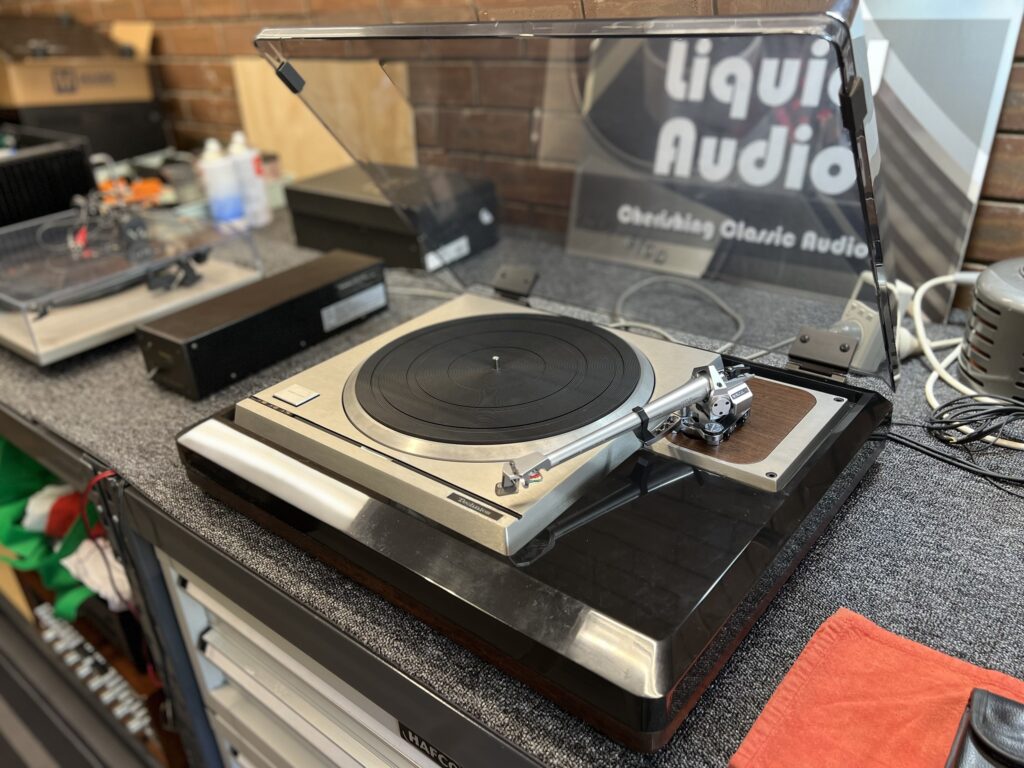
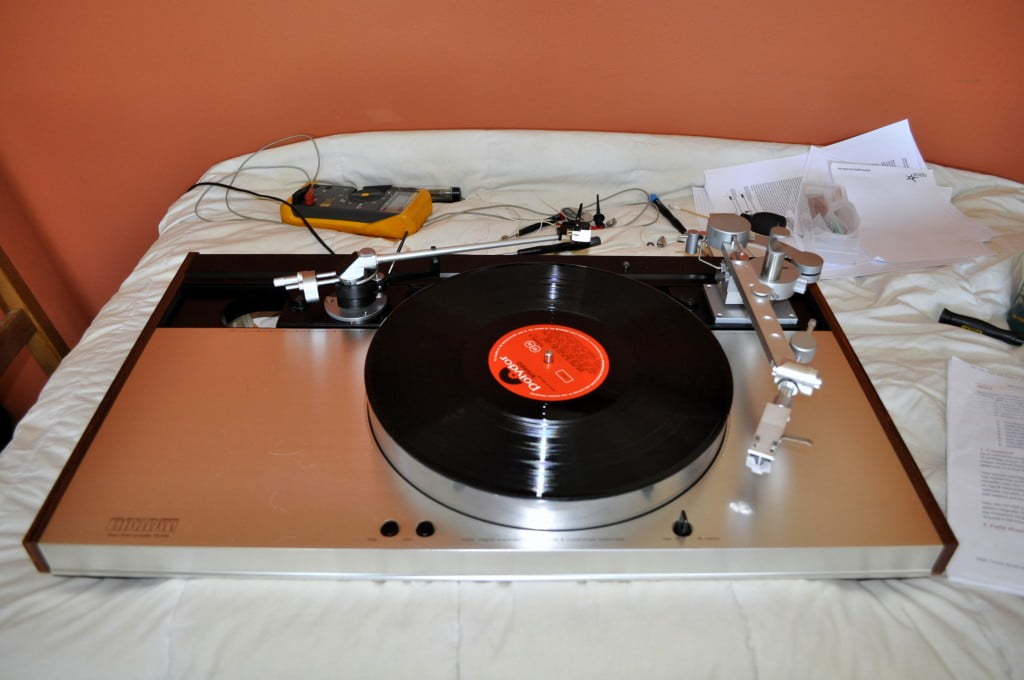
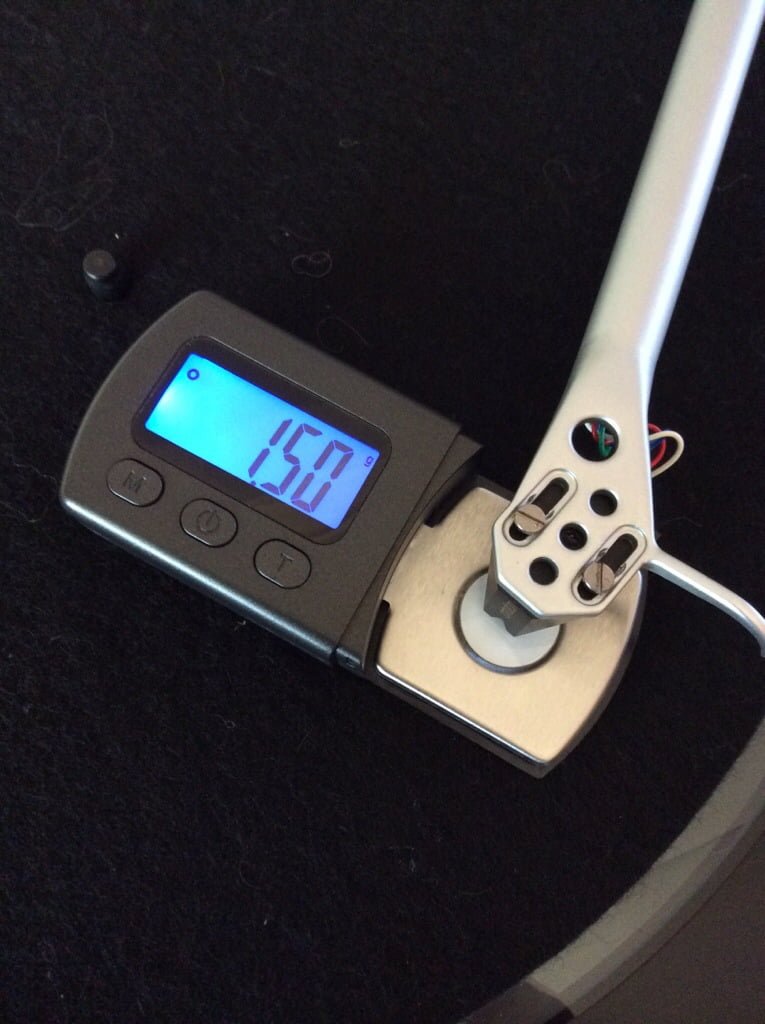
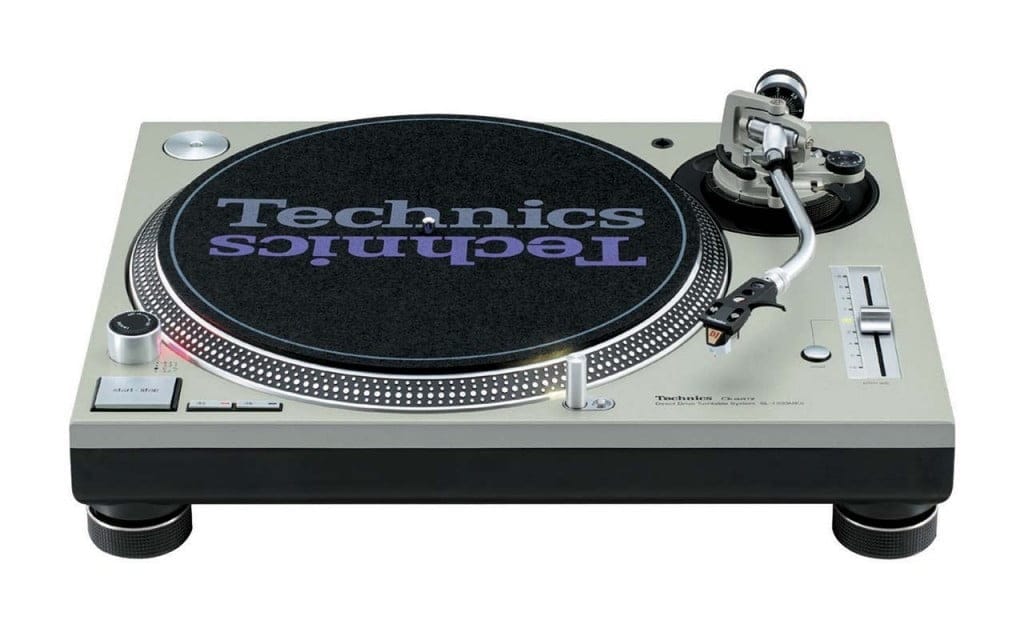
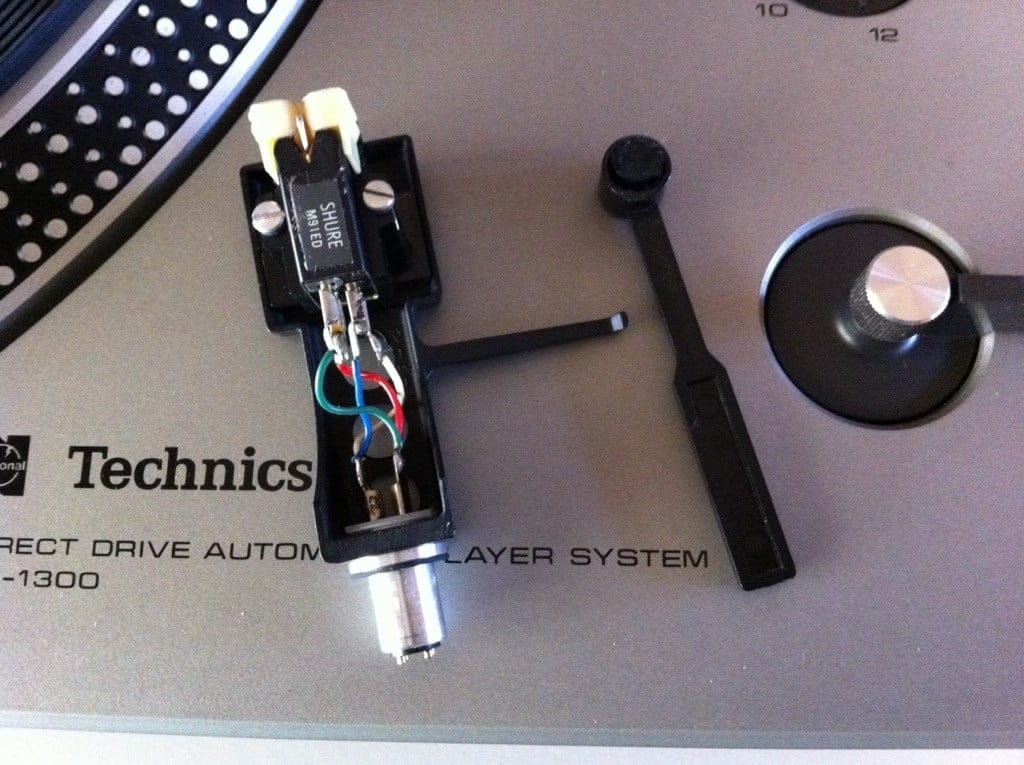
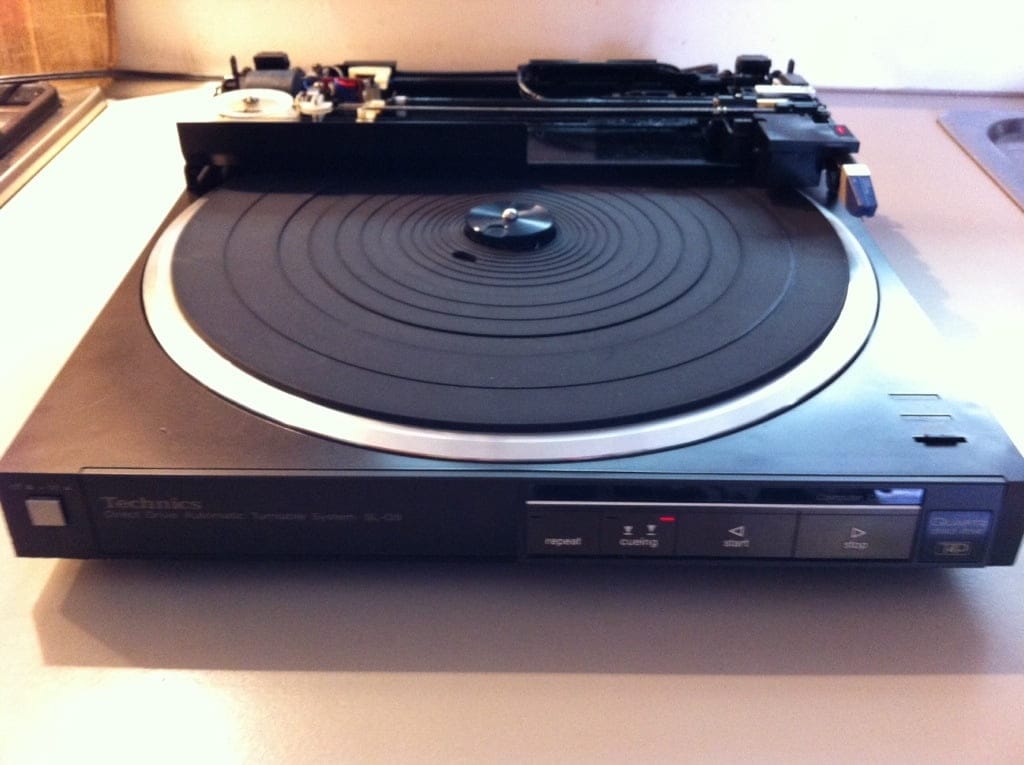
Great article, I love the UFO styling as well. One downside I’ve read about these Denon turntables is that, if the magnetic strip (to keep speed accurate) is damaged, it’s nigh on impossible to find a replacement. Is this a fair concern or not really a problem?
Thanks, Anthony, and my apologies for missing your comment! Yes, if the strip is damaged, this is likely a deal breaker. That said, this can easily be tested with a deck in otherwise good working condition. One issue is incorrect gap adjustment, so this must always be checked.
Love your articles how do rate a Luxman PD277 turntable? Japanese build it sounds good
Thank you, Don. I like the PD-277, typical nice Luxman styling and build, decent tonearm, good, sensible, affordable turntables.
Hello Mike
Another great article that celebrates genuine engineering excellence and conveys the joys of truly amazing audio equipment (whether affordable or expensive).
It is also always great to see your readiness to openly critique the pseudo science that has displaced science and art (and continues to do so).
I find it so interesting that the vast majority of turntables (Linn, Rega, Systemdek, Heybrook, Roksan, Alphason, Project, etc) praised by hifi reviewers since the late 70s were (and largely, still are) crudely and cheaply built yet mysteriously “musically” superior despite lacking pitch stability and transmitting noise (either through no damping like the Regas or noise induced by the springs like the Linns).
Your articles are so refreshing as they bring truth to audio and have restored high fidelity.
I look forward to your article on the restoration of your Luxman PD 350. I replaced my PD 441 with a new PD 350 when Luxman ceased production of it. Sadly, the vacuum hold does not work anymore (I think that some of the internal tubing has perished).
Cheers
Marius
Many thanks for your thoughts, Marius. It’s refreshing to know that there are readers who really understand where I am coming from. I love the PD-441, but the 350 is also a beast. I fixed the vacuum issues with mine, but they returned years later, and I now just use heavy clamps. There’s a reason I’ve not written more about LP-12s, for example, despite working on quite a few. I just need to be careful how I phrase everything so as not to put off customers who own and genuinely love these machines!
Thank you, Mike. I do the same with my PD-350. I use an Oyaide aluminium platter mat and an Oyaide weight. I also have a “Micro Seiki” inspired copper mat.
I understand fully about Linn.
Still the proof of the pudding (pun intended) with all its wobble is that no one found the Linn musical when it was Hamish Robertson’s creation, the Ariston RD-11, and its musical credentials were only discovered a few years later when Ivor Tiefenbrun rebranded it and simply claimed that it was musical.
Keep up the great work and I look forward to an article one day on the restoration of your PD-350.
Very true, and can you believe I’ve just been writing about the great Ariston vs Linn saga in my latest article, which will come out tomorrow!